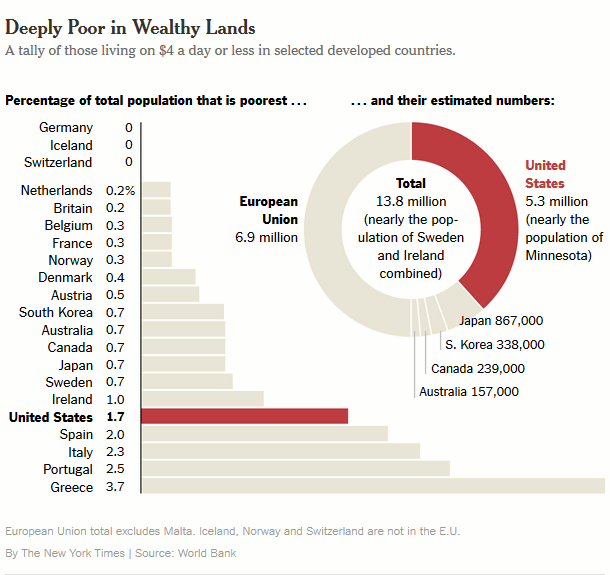Source: Fellow Engineers: This is where your money comes from, by Tom Lianza
If … you care about getting paid, I think the most important thing you should be thinking about is where does that money come from?
There are a lot of valid answers to that question, but I think most of the time the calculus reduces to: we get our money from our customers.
…
if the money that pays your paycheck can be traced back to your customers… how do you justify getting paid more money? At that point it’s simple… find a ways to impact the value your company is delivering to customers. But, there are a few subtleties here:
- Your customers are not paying you for your time (slightly different for consultants).
- Your customers are not paying you for your education.
- Your customers aren’t even paying you for your individual output.
That last one can be counter-intuitive, but your customers are paying your company for the value your company delivers to them.
This is why … career ladders start to layer in responsibilities for things that a single individual can’t accomplish themselves. This doesn’t mean you need to become a manager, but it does mean you need to look beyond yourself to maximize the value you’re able to bring to the people who are ultimately paying you.
